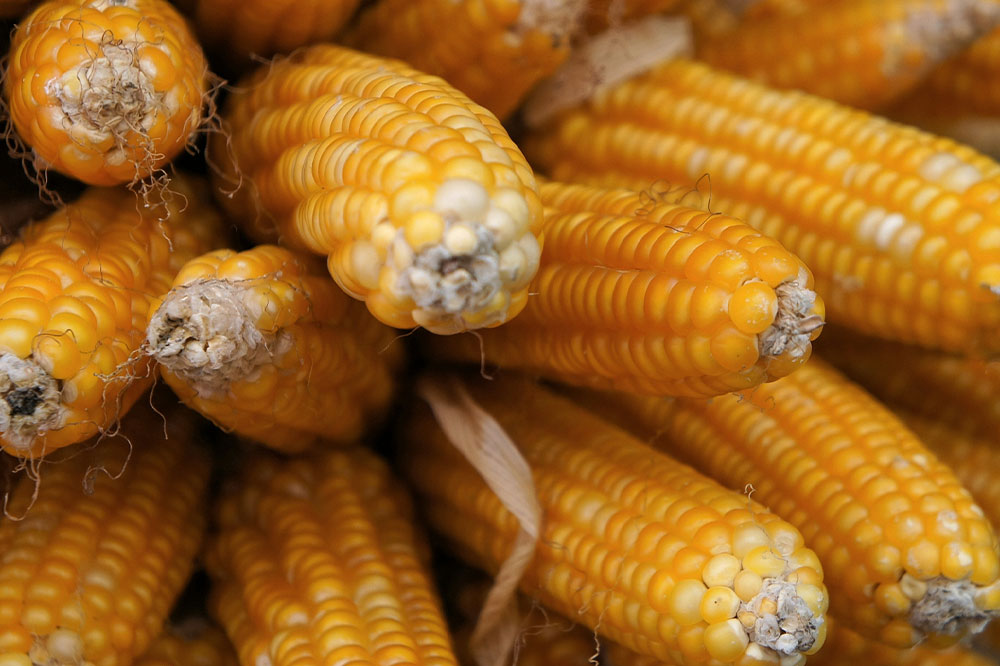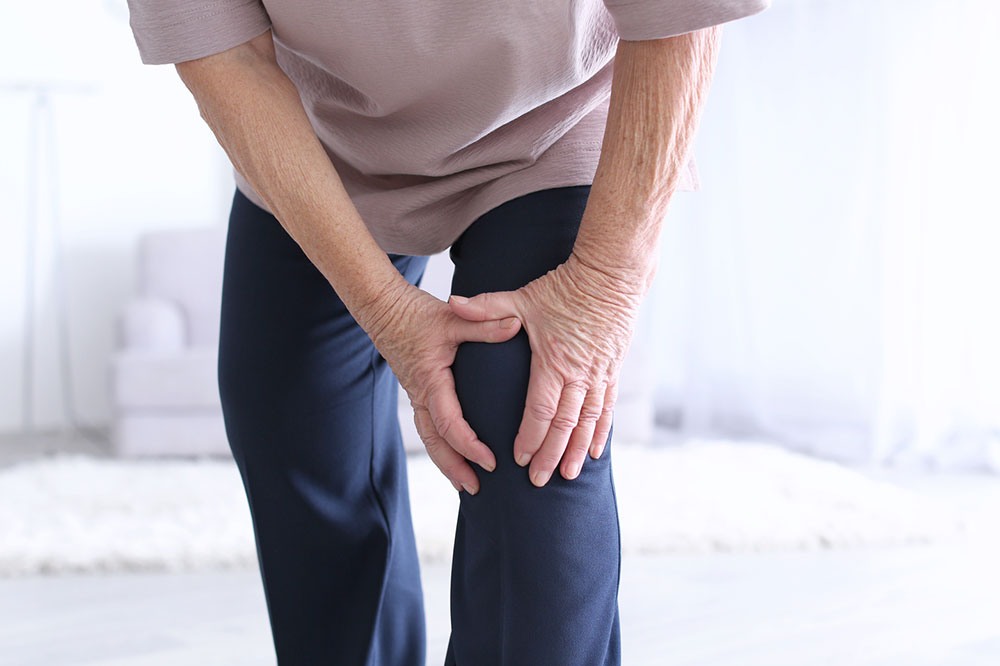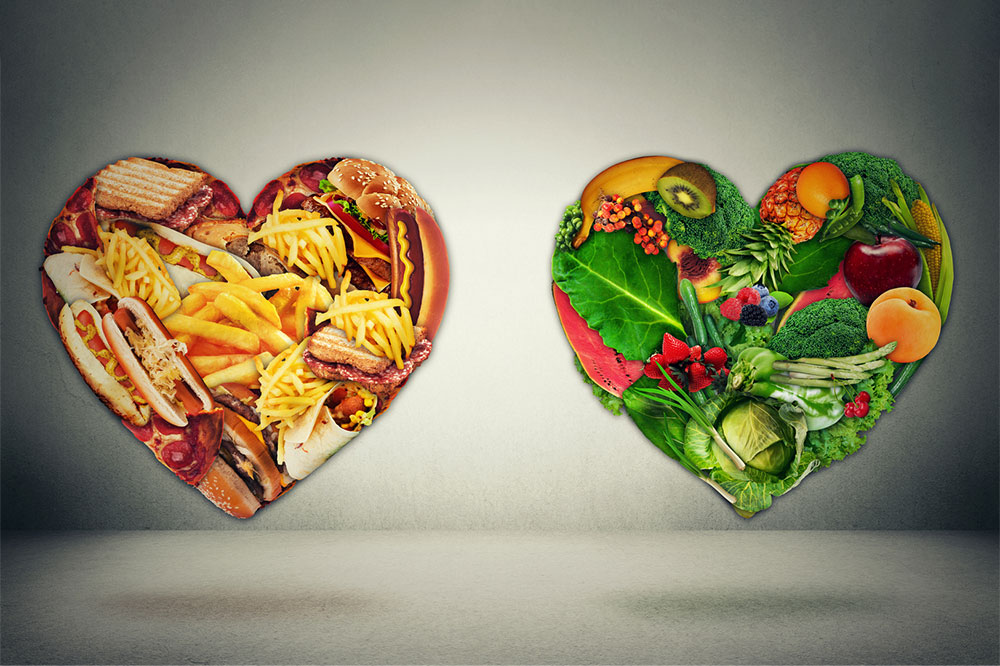10 avoidable foods for those with Crohn’s disease

Crohn’s disease involves an immune reaction against the intestinal tract. This condition mainly affects the intestines, but it can inflame the mouth, throat, or anus. One can experience uncomfortable symptoms like diarrhea, abdominal cramps, and loss of appetite. Each person’s body reacts differently to Crohn’s disease, so there’s no recommended list of food items to eat for all. But certain foods tend to cause flare-ups, and avoiding them will help manage symptoms better.
Whole wheat pasta and bread
Whole wheat pasta and bread have a high amount of insoluble fiber that passes through the gastrointestinal tract. For a healthy body, insoluble fiber attracts water into one’s stool and regularizes bowel movement. But Crohn’s disease may block the intestinal tract when there is severe inflammation and cause diarrhea and abdominal pain. One should have foods rich in soluble fiber and low in residue, like well-cooked vegetables, ground chia seeds, soups, overnight, and oatmeal, to avoid inflammation.
Popcorn
Most people are unaware that popcorn is a whole grain, which is difficult for the body to break down if they experience Crohn’s flare-ups. One can instead go pretzels, a hard-boiled egg, a piece of fruit, etc., as these snack alternatives to avoid triggers.
Unskinned apples
Digesting apples with the skin is quite difficult. Its high fiber content also tends to produce gas and cause mild intestinal constriction. One can instead take the apple skin off or cook it before eating to make it gentler on the digestive tract.
Raw nuts
Raw almonds, cashews, and peanuts are dry and hard, irritating the delicate gastrointestinal tract lining. So even if the nuts are highly nutritious, most people with Crohn’s won’t reap their benefits due to aggravated symptoms. Some better alternatives to raw nuts that are easier on the gut and provide the same protein level include natural peanut butter and sprouted seeds and grains, soaked overnight and pressure-cooked.
Caffeine
Caffeine suppresses appetite and causes frequent urination, thus contributing to dehydration. Many Crohn’s patients complain of discomfort and diarrhea after caffeine consumption. So, avoiding or limiting this food is the best step.
Carbonated beverages
The digestive tract is irritated by carbonic acid. Soda and energy drinks contain additives, including sugar, artificial sweeteners like high-fructose corn syrup, and artificial colors, which are poorly absorbed by the gut, causing gas and bloating. While they may not affect all Crohn’s patients equally, it’s best to have them in moderation.
Whole fat milk
Not every person suffering from Crohn’s is lactose intolerant, but whole-fat milk and other dairy products like butter, cream, ice cream, and margarine trigger pain, diarrhea, and acidity since they are not easily digestible. It’s advisable to keep track of one’s reaction to different dairy products before adding or eliminating them.
Spicy foods
Overly spicy foods that include black pepper, chili powder, jalapeños, garlic, paprika, etc. irritate one’s digestive tract and worsen Crohn’s flare-ups. Instead, go for mild herbs and small amounts of citrus juices to add seasoning and flavor to one’s food.
Oily, fried foods
The small intestine is not fully capable of absorbing greasy, fatty foods like salami, fried chicken, fries, thick sauces, and creams. This leads to aggravated Crohn’s symptoms like cramping or loose stools. Opt for baked, boiled, or steamed food instead.
Red meat
Humans cannot easily digest red and processed meats like beef and pork because of the high protein and fat content that’s harder to break down. This can cause bloating and discomfort. Red meat takes one to three days for a normal human body to break down, making it even tougher for Crohn’s patients to integrate into their sensitive systems. So it’s best to avoid or limit the consumption of red meat.
Crohn’s disease affects different people in different ways. Not all food items mentioned above invariably exacerbate one’s symptoms, but it’s best to observe the reactions of one’s body and accordingly make everyday food and drink choices.
Men with Crohn’s disease experience inflammation in the rectum, located next to the prostate. If left untreated, they’re five times more likely to develop prostate cancer. One of the common oral treatments for prostate cancer is Xtandi, which is safe for children and can be opted for with a doctor’s consultation. Covered by Medicare Part D, Xtandi kills cancer cells and stops the tumor from progressing further.
Entyvio is another treatment option for mild to severe forms of Crohn’s Disease available at reduced rates with insurance. A 30-day supply is usually available for about $3,900. But with Entyvio’s co-pay program, commercially insured customers can get the prescription for as low as $5.






